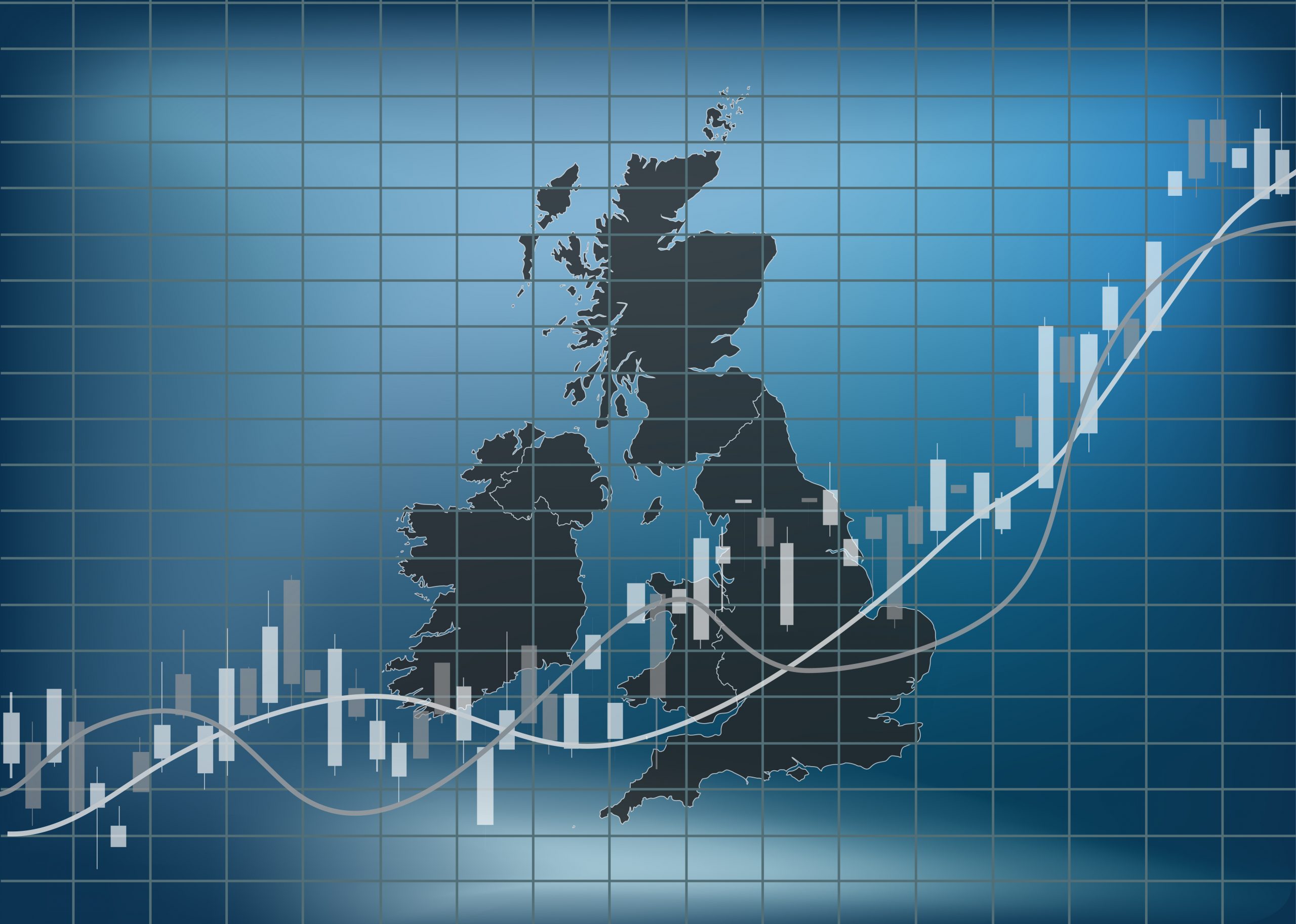The re-opening of pubs, restaurants and non-essential shops all contributed to economic growth recorded in the month of July, following growth of 8.7 per cent recorded in June 2020.
But while the UK economy appears to be on the path towards recovery, it has still only recovered just over half of the lost output since the start of the pandemic. While July 2020 GDP is now 18.6 per cent higher than its April 2020 low, it’s still 11.7 per cent below levels seen in February.
The ONS noted that the services sector grew 6.1 per cent, while education grew 21.1 per cent as some children returned to school.
The wholesale, retail and motor vehicle industry also recovered above its February level after seeing record low output in April and May.
Construction grew 17.6 per cent in June 2020, however the level of output remains 11.6 per cent lower than February 2020.
And accommodation and food services grew 140.8 per cent as lockdown measures eased, though output was still 60.1 per cent lower than the pre-pandemic levels.
Further, on the quarterly outlook, GDP fell 7.6 per cent in the three months to July, again following two consecutive quarterly falls. The ONS said this was a result of government restrictions on movement.
ONS director of economic statistics, Darren Morgan, said: “While it has continued steadily on the path towards recovery, the UK economy still has to make up nearly half of the GDP lost since the start of the pandemic.
“Education grew strongly as some children returned to school, while pubs, campsites and hairdressers all saw notable improvements. Car sales exceeded pre-crisis levels for the first time with showrooms having a particularly busy time.
“All areas of manufacturing, particularly distillers and car makers, saw improvements, while housebuilding also continued to recover. However, both production and construction remain well below previous levels.”
‘We shouldn’t get carried away with the numbers’
Helal Miah, investment research analyst at The Share Centre, said a big rebound was expected, and with people heading back to work in droves in September, he anticipates the largest ever quarter increase in GDP, though challenges will remain.
Miah said: “This is a good start to the third quarter, which we expect to show the biggest ever quarter increase in GDP. In August, the Eat Out to Help Out scheme provided a significant boost to the restaurant sector, and with children going back to school in September, people and businesses can slowly go back to work.
“However, beyond that there remains little now to give short-term temporary boosts to the economy; after the September monthly numbers, most economists would argue that the big rebounds will have disappeared. Furlough schemes are due to come to an end soon, with unemployment rates likely to surge as a result and hitting consumption rates.
“Elsewhere, the usual Brexit shenanigans and uncertainty are beginning to come from the background into the foreground. We should not get carried away with numbers from the previous few months and the inevitable rebounds off such lows. The economy still remains fragile and roughly 12 per cent below the pre-pandemic levels with the UK economy forecast to be one of the worst performers during 2020 amongst developed nations.”
















